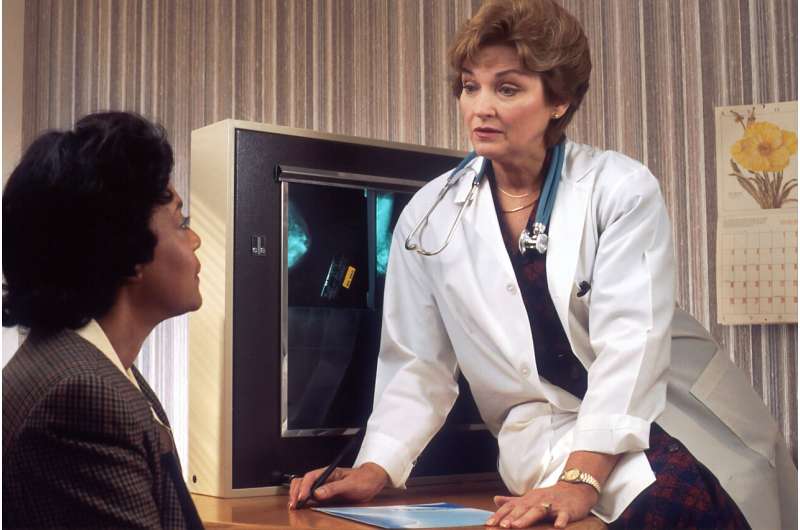Health system execs tend to rate their organizations as 'high performing,' but objective clinical measures disagree

Health system executives tend to rate the performance of their organizations more favorably and "higher performing" than objective clinical quality measures indicate—likely reflecting differences between what subjective and objective assessments consider as important metrics of health system performance, suggests a study in the September/October issue of the Journal of Healthcare Management, an official publication of the American College of Healthcare Executives (ACHE).
The growing trend toward value-based payment for health systems and health care providers is fueling the need to define what constitutes high performance, according to the report by Dmitry Khodyakov, Ph.D., and colleagues of the nonprofit RAND Corporation. Their study finds a lack of agreement between how health system executives assess their health system's performance and objective measures of performance, and identifies three levers for achieving high performance.
Mismatch may partly reflect unique insights of health system executives
The study team interviewed 138 C-suite executives from 24 health systems in four states: Washington, California, Wisconsin, and Minnesota. Executives were asked to describe their perceptions of the performance of their health systems as well as factors they believed contributed to high performance. Based on the responses, the researchers classified each health system as low, medium, or high performing.
The executives' subjective assessments were then compared with several objective metrics of clinical performance based on nationally endorsed clinical standards of care. The objective quality measures included cancer screening, diabetes treatment, vascular disease management, kidney disease screening, cardiovascular disease management, and patients' adherence to medications, among others.
Only 10 of the 24 health systems (42 percent) were classified in the same way using both subjective and objective performance assessments. For the remaining 58 percent, there was no agreement between the executives' subjective assessments and the objective clinical measures.
Objectively assessed performance was often less positive than subjectively assessed performance. Executives whose assessments of their health systems' performance aligned with objectively measured performance cited clinical quality, cost, and reliability/standardization as the basis for their subjective assessment.
"A comprehensive assessment of health system performance requires a broad set of performance domains and measures beyond clinical quality," Dr. Khodyakov and coauthors conclude. Indeed, this "greater breadth of factors" that executives consider in their subjective assessments of performance may partially explain the lack of agreement between subjective and objective measurements of performance.
Three levers for achieving high performance
When asked to think about health systems in general, executives identified "three key levers" for achieving high performance: organizational structure, organizational governance, and staff engagement. "The choice of levers, however, is health-system specific and reflects a system's needs," the researchers write. Likewise, the executives stated that the identified levers for high performance were interconnected and interdependent, rather than independent from each other.
"Our results show that health system performance is clearly multi-dimensional," Dr. Khodyakov and coauthors conclude. "ncorporating the perspective of health system executives could help develop novel performance measures and test hypotheses about key characteristics of high performing health systems and the levers used to achieve high performance."
More information: Dmitry Khodyakov et al, Alignment Between Objective and Subjective Assessments of Health System Performance: Findings From a Mixed-Methods Study, Journal of Healthcare Management (2021). DOI: 10.1097/JHM-D-20-00249





















